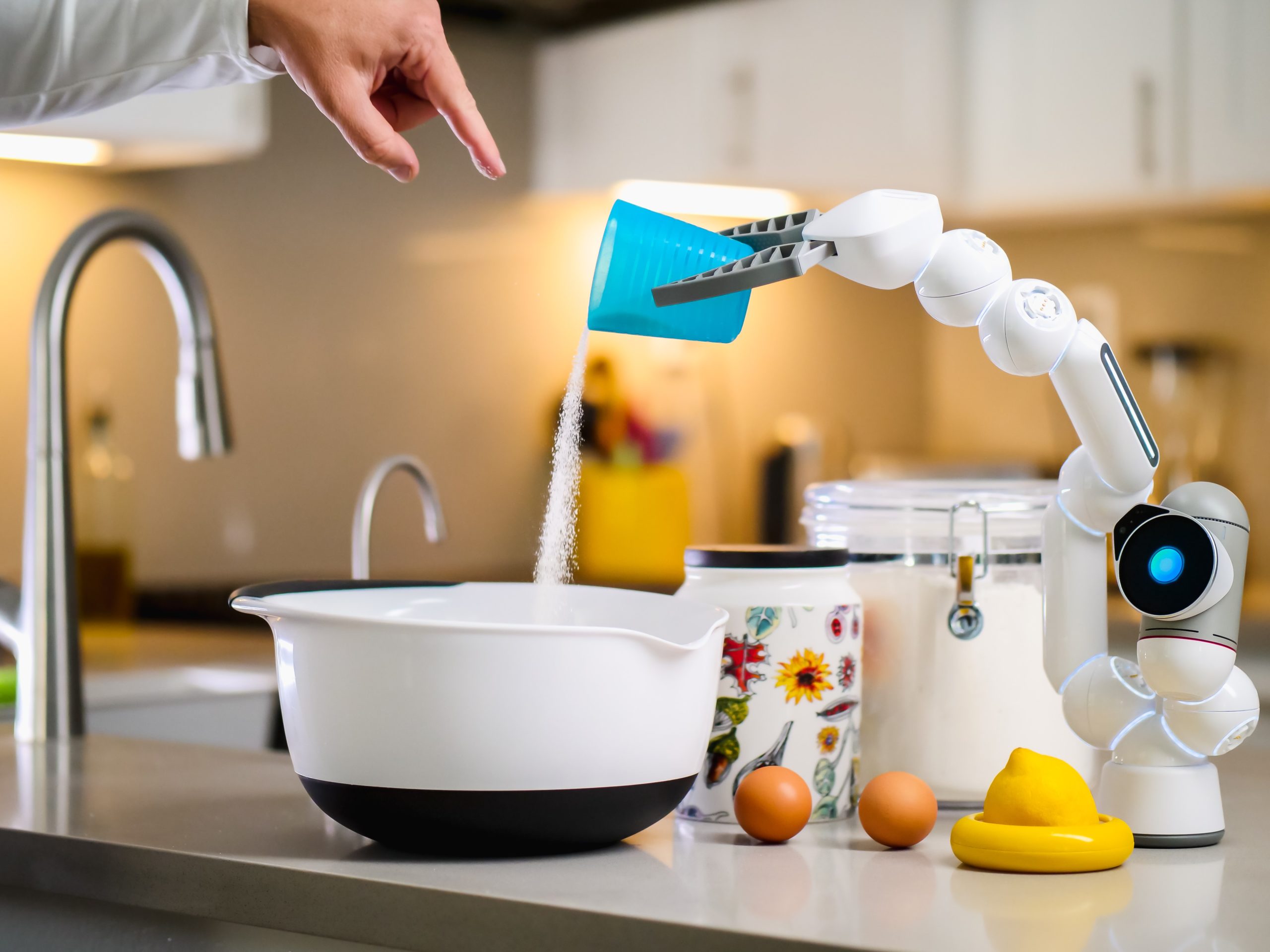Artificial Intelligence ‘s Hype Sounds all too Human…

Every week we are flooded with articles about how Artificial Intelligence (AI) has changed our lives and the way we carry out our daily tasks. Have you ever stopped to think in what ways Ai is influencing our everyday life?
This morning on my way to work my phone pinged with a suggestion of a shorter route to my destination; when I opened my computer my virtual assistant Siri had already scheduled this week’s meetings and tasks; Gmail makes accurate suggestions about whom to include in my emails, how to answer and ends my sentences for me; my timeline on Facebook is getting increasingly intuitive on its article suggestions; I rely on AccuWeather for the weather; Wikipedia for lookups; Wolt for ordering food; Amazon for buying e-books; Spotify for listening to music and my beloved Yummly for cooking.
We’ve reached the point where Artificial Intelligence is not a thing of tomorrow but of today; AI has acquired an important role in society and is presently influencing and contributing to our daily actions. Indeed it will increasingly become even more dominant.
The Internet of Things is one of the biggest technology frontiers of the 21st century with exciting implications. For instance, it will turn on the coffee machine when your alarm goes off; or, it is the foundation for connected smart cities. IoT depends on AI’s analysis and parsing of big data to do so.
So far we have been discussing and analyzing how AI affects marketing and business, the health sector, hospitality, the military and defense, the governmental sector and so on. However, AI will increasingly affect simple tasks in our daily life -and already does for that matter- such as driving, listening to music, finding recipes, choosing what to wear or even making coffee.
Only last week various new articles wrote about changes brought by Artificial Intelligence. For instance, we read about how scientists used artificial intelligence (AI) to identify an unknown human ancestor species that modern humans encountered – and shared dalliances with – on the long trek out of Africa millennia ago. Similarly, data scientists from Adelaide University in Australia have built an AI system that can predict with 70% accuracy when you’re going to die. On the lighter side, an artificial intelligence algorithm can transform still images into a high-resolution, explorable 3D world, with potential implications for film effects and virtual reality. When it comes to sport, as early as 2017 Unanimous’ Swarm AI correctly predicted the exact score for the Super Bowl.
A full Hollywood-style AI system that can work and relate to human experience on its own is not here yet. For broad and more complex tasks or even for human intelligence level tasks, we may have to wait for decades, whatever some of the all-too-human hype suggests. But if we consider AI in its narrow, task-related, machine intelligence form, well, the news is that it’s already here. And getting better. And better.
This morning on my way to work my phone pinged with a suggestion of a shorter route to my destination; when I opened my computer my virtual assistant Siri had already scheduled this week’s meetings and tasks; Gmail makes accurate suggestions about whom to include in my emails, how to answer and ends my sentences for me; my timeline on Facebook is getting increasingly intuitive on its article suggestions; I rely on AccuWeather for the weather; Wikipedia for lookups; Wolt for ordering food; Amazon for buying e-books; Spotify for listening to music and my beloved Yummly for cooking.
We’ve reached the point where Artificial Intelligence is not a thing of tomorrow but of today; AI has acquired an important role in society and is presently influencing and contributing to our daily actions. Indeed it will increasingly become even more dominant.
The Internet of Things is one of the biggest technology frontiers of the 21st century with exciting implications. For instance, it will turn on the coffee machine when your alarm goes off; or, it is the foundation for connected smart cities. IoT depends on AI’s analysis and parsing of big data to do so.
So far we have been discussing and analyzing how AI affects marketing and business, the health sector, hospitality, the military and defense, the governmental sector and so on. However, AI will increasingly affect simple tasks in our daily life -and already does for that matter- such as driving, listening to music, finding recipes, choosing what to wear or even making coffee.
Only last week various new articles wrote about changes brought by Artificial Intelligence. For instance, we read about how scientists used artificial intelligence (AI) to identify an unknown human ancestor species that modern humans encountered – and shared dalliances with – on the long trek out of Africa millennia ago. Similarly, data scientists from Adelaide University in Australia have built an AI system that can predict with 70% accuracy when you’re going to die. On the lighter side, an artificial intelligence algorithm can transform still images into a high-resolution, explorable 3D world, with potential implications for film effects and virtual reality. When it comes to sport, as early as 2017 Unanimous’ Swarm AI correctly predicted the exact score for the Super Bowl.
A full Hollywood-style AI system that can work and relate to human experience on its own is not here yet. For broad and more complex tasks or even for human intelligence level tasks, we may have to wait for decades, whatever some of the all-too-human hype suggests. But if we consider AI in its narrow, task-related, machine intelligence form, well, the news is that it’s already here. And getting better. And better.


